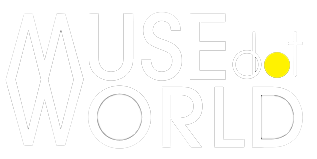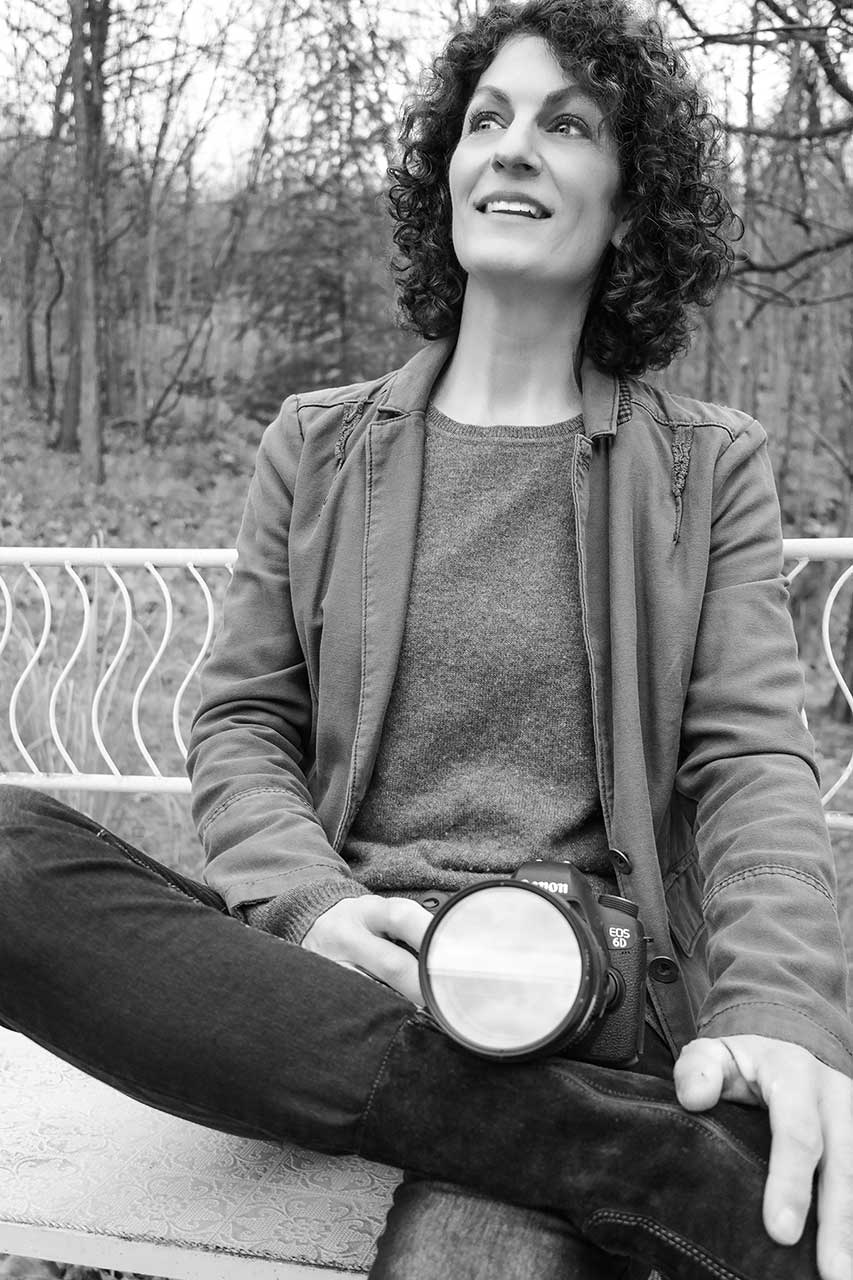1Can you introduce yourself and talk about how you got into photography?
Photography has always been a big part of my life but I was only able to practice in my spare time because I was teaching. In 2020 when the pandemic began, I decided to rebalance my priorities to find a deeper sense of meaning and purpose in my work. This is when my Macro journey began. During the social isolation, I started developing a native garden and spending more time exploring protected wilderness areas.
Now, photographing flora and fauna is a mindful practice that defines my daily life. Embracing details that I hadn’t noticed before has ignited a self-reflection that made me realize we are never alone. My relationship and sense of responsibility with the natural world is deepening and I feel this is just the beginning of many conversations with the ‘small stuff’.
2Where did you study photography?
My most significant learning experience was growing up with my Dad who had a passion for photographing birds. I went on hikes with him, observed his deep love and respect for nature, how he used his equipment, and how to use a dark room. I took a color study course at Kenyon College where I got a BS in Psychology and Music. Later I received a BFA from Frostburg State University with a focus on Photography, Printmaking and K-12 Visual Arts Teacher Certification. I continue to study online with mentors.
3Do you remember your first shot? What was it?
I can’t remember my first shot but I have vivid memories as a child in the 70’s carrying a Kodak Instamatic Pocket Camera and borrowing my dad’s Polaroid. I started using his 35mm Pentax when I was 15.
4What equipment do you use?
I use the Canon OES 6D body and alternate two Laowa macro lenses - the 60mm 2:1 Super Macro and the 25mm 2.5-5X Ultra Macro. For lighting I use the Meike MK320 Speedlite and a diffuser.
5What compliment inspired/touched you the most?
Being told that I established ‘spot on technique with an original artistic view’ was a pivotal moment. It was affirmation that I was following the right path to attaining deep meaning and purpose in my daily work. It was my first major competition. It was a feeling of arrival after years of questioning my talent and where I fit into the world.
6What inspires your unique storytelling?
Spending time exploring nature is my ultimate inspiration. It’s a soulful space where conversations with little creatures gives me clarity of emotion. It’s all about connection and becoming unselfconscious.
7What THREE (3) words describe your photography style?
Precise. Delicate. Vibrant.
8Congratulations! As the winner of the MUSE Photography Awards, what does it mean for you and your team to receive this distinction?
Being placed among the global community of talented photographers from all genres is an honor I am still processing. The sense of connectedness and accomplishment is a beautiful message that I am treading the right path to a sense of purpose, fulfillment and mastery of what I love to do.
9Can you explain a bit about the winning work you entered into the 2023 MUSE Photography Awards, and why you chose to enter this project?
My series ‘Little Color Study’ taps into the Gestalt theory of perception ‘the whole is different than the sum of the parts’. When I was editing and cataloging this winter, I found my favorites combinations were organizing relationships of color and composition.
As I added images, the overall visual pattern shifted. It’s the beginning of a broad concept of color to create a dynamic visual and emotional experience, a biome of interdependent portraits.
10How has winning an award developed your career?
The most significant change is the development of my self-confidence. The more I put my work out there, the more I align with people and organizations that reinforce my goals. It’s put a backbone to my new career and inspires me to keep fine-tuning my skill set.
11Name 1-3 photographers who have inspired you.
Magdalena Waniczek, Micael Widell, and Ansel Adams.
12What was the best piece of advice you were given starting out, by a mentor or your role model?
Know what it is that you have to offer, and only share your best work. - Marc Royce
13What advice would you give someone who would like to become a photographer today?
Take as many shots as possible of the same subject from different perspectives. Read about and follow an array of successful photographers. Practice every day and ask for help when you need it.
14What is your key to success? Any parting words of wisdom?
Making my passion a daily practice by creating an environment and schedule to thrive, in my case establishing my yard as a wildlife sanctuary. I ask for help when I need it and try taking nothing for granted.
15How do you stay in that space of being receptive to new information and knowledge?
My passion drives me. It’s an energy that gets me up early and out into the natural elements. Every shoot presents me with something new, whether it’s an insect or technical challenge. I participate in photographer forums and belong to entomology, native plants and biodiversity groups on social media.
16Anything else you would like to add to the interview?
I’d like to express a big ‘thank you’ to MUSE Photography Awards for having confidence in my work. The recognition is an honor and profoundly encouraging to continue what I’m doing.




